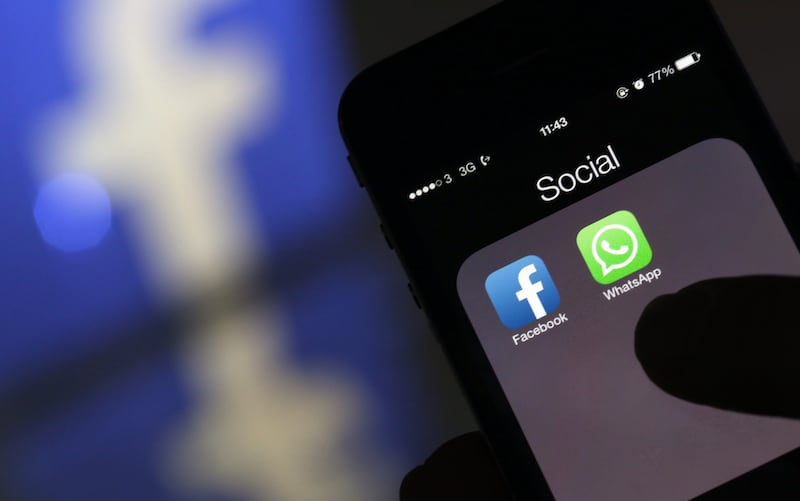A school in England has banned parents using mobile phones when collecting their children. A sign on each of the school’s three gates reads: “Greet your children with a smile, not a mobile phone.”
The head teacher of St Joseph’s primary school in Middlesbrough, Elizabeth King, said she noticed parents were habitually busy on their phones rather than greeting their children. Mrs King has since sent out circulars to parents to encourage them to smile at, and talk to, their children – and not their phones – when they see them for the first time after a whole day at school.
Memories from my primary school days resurface. My after-school memories have a melody to them. I recall some particular instances, like one of a classmate rushing into her mum’s hug to show her the “hurt” from having fallen down while playing. The school gate would be buzzing with interactions between small people and big people. That was the pre-smartphone story.
Now our smartphone addiction has unequivocally reached the proportions of an epidemic. Our lives have been taken over by these devices that have assumed the role of a “smarter than us one-stop-shop”. Their multi-purpose functions make being without them, even for a couple of hours at a time, a challenge. We can use our phones to take and edit pictures and videos; to send and receive emails and instant messages; to interact on Facebook, Twitter, Skype and Instagram; and to play games.
Our phone can also be a pedometer, calculator, stopwatch, alarm clock and calendar, and it can send us diary reminders. These are just some of the most common uses. The full list of its functions is exhaustive, thanks to the millions of apps available. Is it surprising that we have become a slave to our phones? Do we even realise how much of our lives we have ceded to our fixation with a palm-sized device?
Recent research has shown that if all the images taken on mobile phones were put together in a row, that line would reach the Moon and back – every single day.
Even our holidays are now increasingly lived through the pictures we take rather than us being present in the moment and savouring the experiences.
I visited Niagara Falls before the birth of the smartphone. I remember being entirely present in the face of this colossal force of nature. It was a compellingly magical experience. There were a couple of pictures taken on a manual camera but that took all of two minutes. The memory remains soul-stirring to this day. Would my memories have been fragmented if my presence there was relentlessly interrupted by my own clicks on a smartphone camera and those of other tourists?
The smartphone has made us more distracted, less focused, less present people. It has fuelled a culture of instant gratification, where we seek immediate results and reactions such as likes and comments. Psychological research has proven that instant gratification is detrimental in myriad ways: it fuels hedonism, addictions, debauchery, greed, impatience and the like. However, delayed gratification – the ability to invest pain, diligence, patience and perseverance for a later reward – is the process that leads to the greatest human achievements, such as winning an Olympic medal. The smartphone culture is “training” us away from delayed gratification.
Instant messages and Facebook likes have been shown to produce dopamine in our brains – the feel-good chemical that is associated with addictions.
When cable and satellite television became ubiquitous in the 1990s it was blamed for fracturing families – as each member sat in their respective rooms to watch their favourite programmes on their own TV sets. This severely compromised family time and togetherness. Now, the smartphone has taken this to another level. Not only is it fragmenting family life but aso, being mobile, it is diluting our experience of being “present” anywhere, full stop. Recently, a friend reprimanded her teenager and confiscated his phone – while fidgeting with her own phone at the time.
We need to be mindful of this newest and ubiquitous addiction. Technology detox weekends are springing up around the world, especially in the United States. If you attend one, bidding adieu to your phone and computer for a weekend will cost you an arm and a leg. But there is a no-cost, do-it-yourself solution: the next time you leave home, leave your phone behind. Once the withdrawal symptoms subside, notice the difference you feel.
Priya Virmani is a commentator on life, politics and economics





